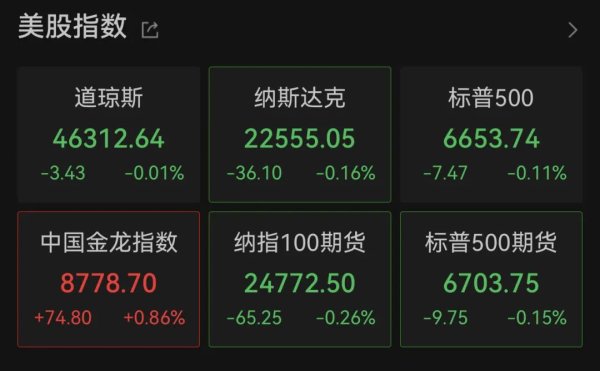日期:2025-08-29 20:35:47
TMTPOST -- Huawei Technologies has launched a new line of solid-state drives ( SSDs ) aimed at alleviating storage bottlenecks in artificial intelligence computing深圳股票配资论坛, introducing what it says is the industry ’ s largest-capacity single disk at 245 terabytes.

AI-generated image
The products, unveiled at a launch event in Shanghai on Wednesday, are designed to address the widening gap between the exponential growth of multimodal datasets and the ability of existing storage systems to keep pace. The series — branded OceanDisk EX, SP and LC — targets the increasingly heavy workloads generated by AI training and inference, particularly as models shift from text-based data to formats including video, audio, and images.
" The shortfall in data storage is becoming increasingly acute, " Zhou Yuefeng, vice president at Huawei and head of the company ’ s data storage product line, told attendees at the event. He cited examples from large language model development, noting that training a system with 671 billion parameters requires as much as 3.5 petabytes of data. " Traditional storage media simply cannot support this scale efficiently, " Zhou said.
The company pointed to the DeepSeek R1 model, one of the largest of its kind, as a case in point. Training or fine-tuning the 671-billion-parameter system requires about 13.4 terabytes of memory — well beyond the capacity of a single machine. That, in turn, hampers efficiency and flexibility, making distributed systems and higher-capacity storage indispensable.
Huawei ’ s move underscores the strategic importance of advanced storage to the AI ecosystem. As global internet data volumes continue to explode — estimated at 154 zettabytes of multimodal content and rising — companies are scrambling to shore up their infrastructure to sustain the next wave of artificial intelligence applications. The company argues that without breakthroughs in storage, advances in computing power and model design will hit diminishing returns.
Huawei enters a competitive global market long dominated by players such as Samsung Electronics, SK Hynix, Micron Technology, SanDisk and Japan ’ s Kioxia. Together, those companies accounted for the bulk of enterprise-grade SSD shipments in the first quarter, according to research firm TrendForce.
China, by contrast, has relied heavily on traditional hard-disk drives ( HDDs ) for enterprise and cloud storage and continues to lag behind its international rivals in cutting-edge solid-state technology. That dependence has grown increasingly problematic as demand for AI-ready infrastructure accelerates both domestically and abroad.
" While HDDs remain the backbone of server storage today, the momentum is clearly shifting, " said Ao Guofeng, an analyst at TrendForce. He noted that SSDs are being adopted quickly for their efficiency, lower operating costs, and energy savings — advantages that are critical in large-scale AI deployments where power consumption and cooling costs are mounting concerns. TrendForce projects that by 2028, SSDs will account for about 20% of all AI server storage, up from single digits today.
For Huawei, the bet on storage represents both a technological necessity and a geopolitical imperative. The Shenzhen-based firm has been pushing deeper into semiconductors, cloud services and AI infrastructure amid tightening US restrictions that cut off access to some advanced chips and manufacturing equipment. By building up its SSD portfolio, Huawei is attempting to reduce reliance on foreign suppliers and reinforce its role as a full-stack provider of AI infrastructure, from chips and networking equipment to software and storage.
The OceanDisk series is also aimed at customers outside of traditional hyperscalers. Huawei said the new lineup is suited for industries including finance, healthcare, and autonomous driving — sectors that are rapidly adopting AI but often struggle with escalating storage costs and performance limitations.
Huawei ’ s entry highlights the growing importance of storage in the global AI arms race. While much attention has been focused on GPUs and accelerators, the ability to feed those chips with vast amounts of data is becoming just as critical. Analysts say SSD capacity and bandwidth will increasingly dictate the speed at which models can be trained, tested, and deployed.
" AI is only as fast as the slowest part of the pipeline, " said one Shanghai-based data infrastructure consultant. " Right now, storage is the weakest link. "
As AI adoption accelerates worldwide, the market for high-performance storage solutions is expected to expand rapidly. Huawei ’ s push into ultra-large SSDs suggests it intends to play a central role in shaping that landscape, both in China and globally.
富深所配资提示:文章来自网络,不代表本站观点。


